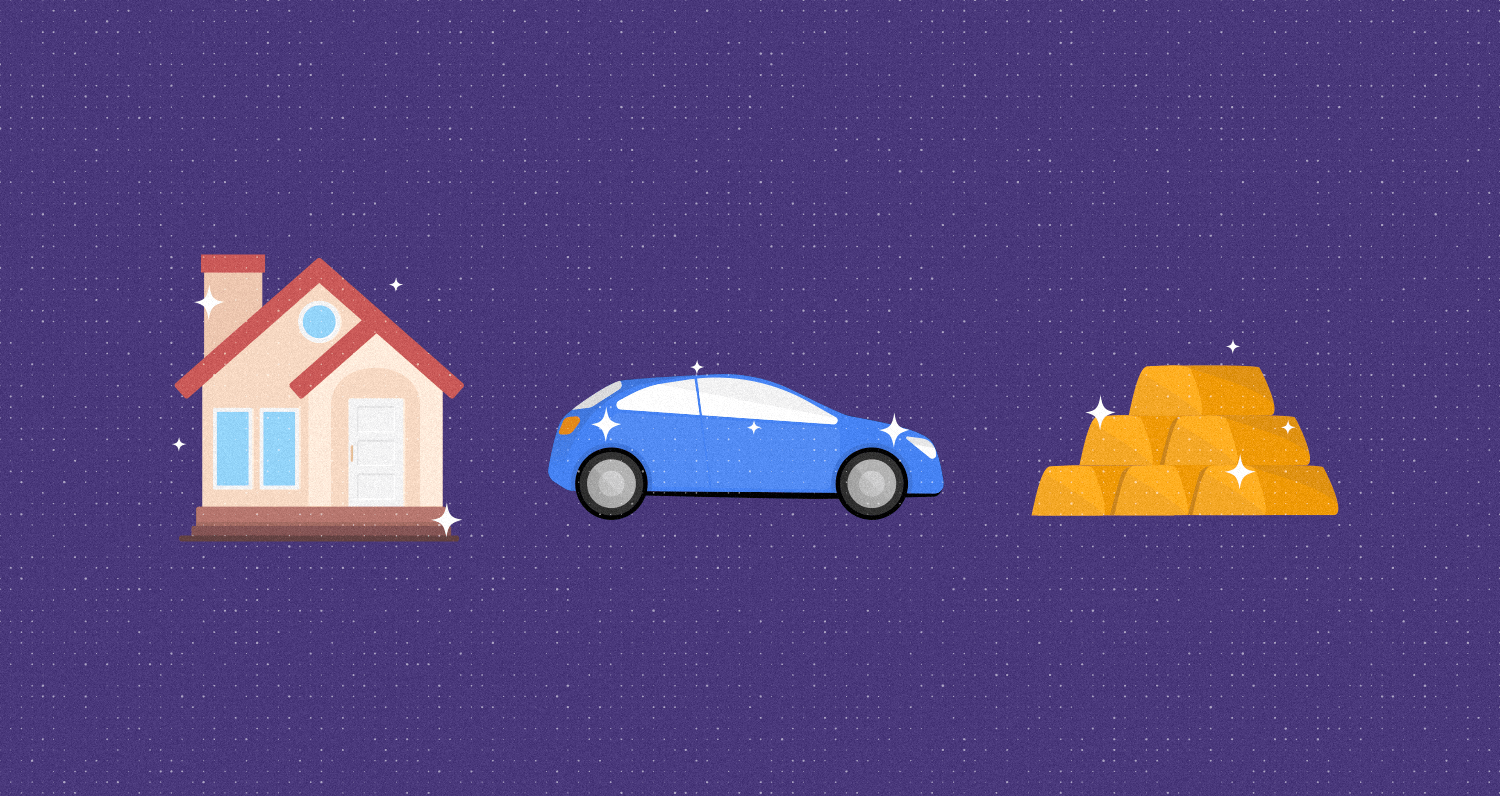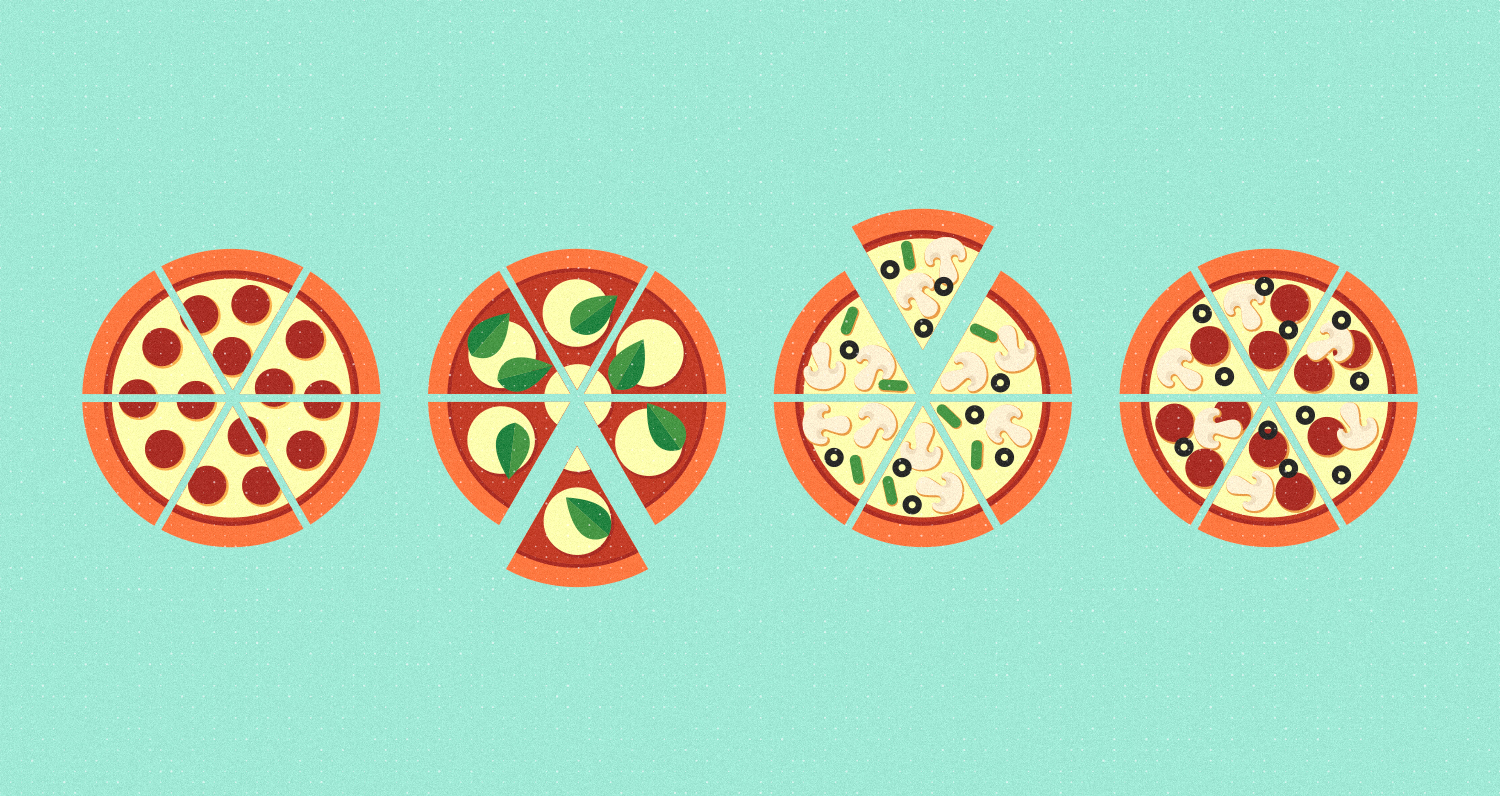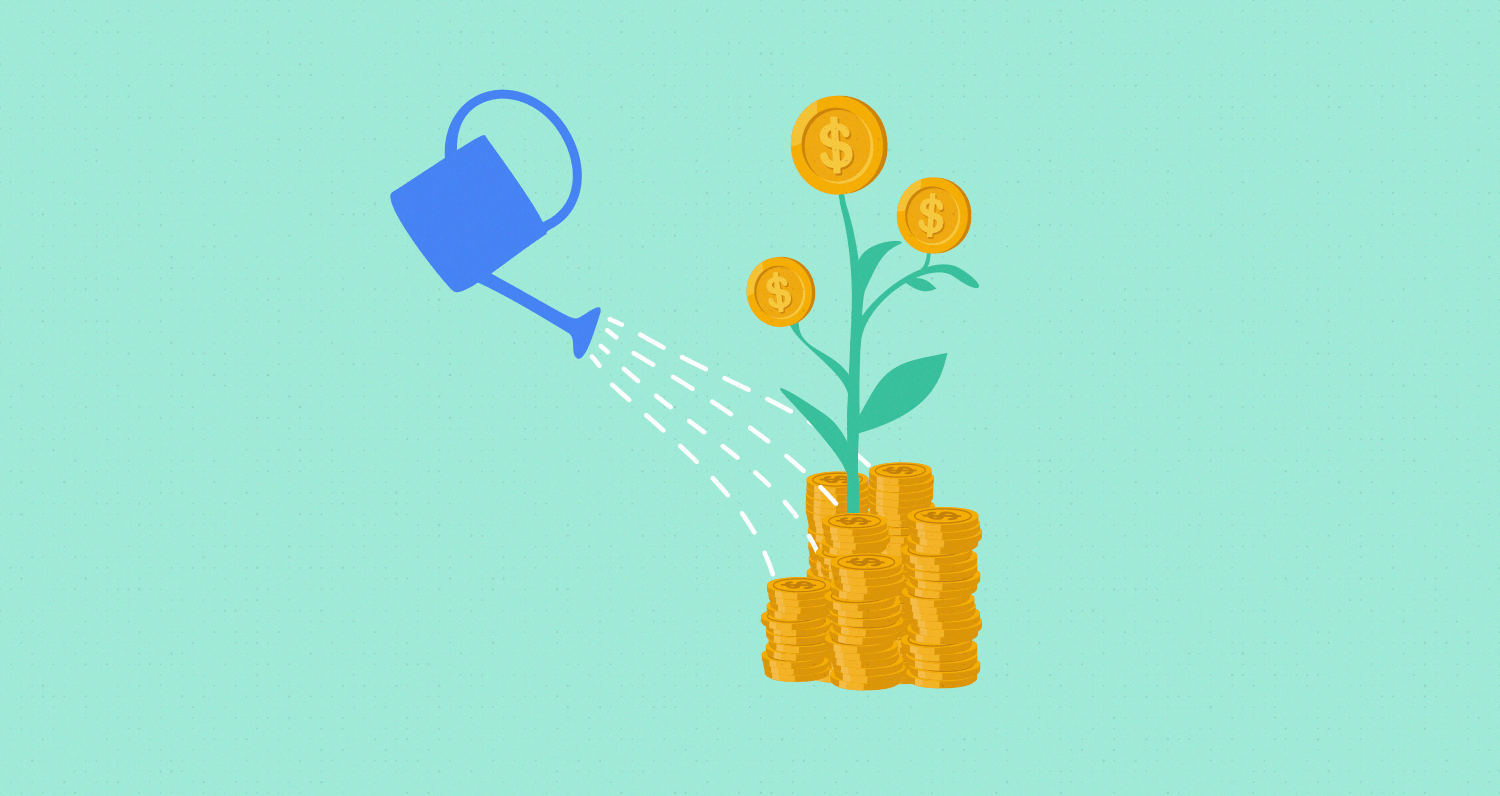Assets:
You may have heard the term “asset” before, but do you know what an asset is? It’s actually pretty simple. An asset is any thing of value that someone–like a person or business–owns. It could be a home, a car, cash, stocks–anything, really, as long as it has value and belongs to someone. You likely own assets already, even if you didn’t know it.
Assets vs Investments:
Some assets are investments, or ways for their owners to grow their money. They may provide income, or appreciate (increase in value) over time, so when the owner sells the asset, they will have made a profit.
Not all assets are investments, though, because not all assets are expected to provide income or profit. Some assets actually cost you money, for example in the form of repair costs. Or they may depreciate, or decrease in value over time. When you try to sell a depreciating asset, you will earn less money than you originally paid for it. Some common assets, like cars and appliances, are depreciating assets.
Types of Assets:
We can group assets into the categories of tangible, intangible, and financial assets.
Tangible assets
Tangible assets are physical things of value. They include:
- Land
- Precious metals
- Fine art
- Appliances
Your home or car may be an example of a tangible asset you already own.
Intangible assets
Assets can also be intangible, meaning non-physical. Intangible assets have value, just like tangible assets, only they aren’t physical items. They can be:
- Intellectual property–everything from the script for a movie to NFTs
- Trademarks and copyrights
- Business licenses and permits
None of these are physical things, but they have value because companies and individuals can use them to make money. The Coca-Cola Company, for example, famously guards the secret recipe to its soda, because it understands that this is a valuable intangible asset.
Financial assets
Finally, there are financial assets. Financial assets include cash, equity, and the contractual rights to either cash or equity. All of these are examples of financial assets:
- Money in a bank account
- Stocks
- Bonds
- Mutual funds
The cash in your wallet is a financial asset. So is a share of Apple stock. Any of the assets you own through Thndr are financial assets, too.
Liquidity:
The term “liquidity” actually doesn’t have anything to do with liquid, but it does have to do with the flow of value. Consider how some substances flow more easily than others. Water, for example, is very liquid. It can be poured instantly from one container to another. Honey, on the other hand, is more illiquid, and takes a long time to pour out of a jar. The more liquid a substance is, the faster it flows from one container to another.
In financial terms, liquidity refers to the time it takes to transfer value from one type of asset to another. Cash is the most liquid asset. It can move quickly, and none of its value is lost in the process. In our example, cash is like water. Land, on the other hand, is an example of an illiquid asset. In our example, it is similar to honey. It takes time to sell a piece of land, and if you need to sell it quickly for some reason, you will not be able to get its full price.
It is important to consider liquidity when choosing assets, because liquidity has pros and cons. On the one hand, you want to keep some of your money in liquid assets, so you can use it for regular expenses and for emergencies. On the other hand, liquid assets typically have low returns compared to illiquid assets. You can distribute your money across different types of liquid and illiquid assets depending on your needs.
Net Worth:
We now know that your assets are things of value that you own. Liabilities are the opposite of assets. They are the value you owe to other people. You may have liabilities in the form of loans, unpaid bills, or taxes, for example.
Your net worth is the difference between your assets and liabilities, or what would be left over if all your assets were sold and all your liabilities were paid. It is the most common way to measure someone’s total wealth. Net worth can be positive, if your assets are greater than your liabilities, or negative, if your liabilities are greater than your assets. You can calculate your own net worth by listing all of your assets and liabilities and then subtracting the liabilities from the assets.

Why Assets Matter
Assets are the building blocks of your wealth. Together with your liabilities, they determine your net worth and overall financial position. A high net worth gives you greater freedom of choice, and greater security against financial emergencies. You can use your net worth to set targets for the future, and compare where you are now to where you want to be.










